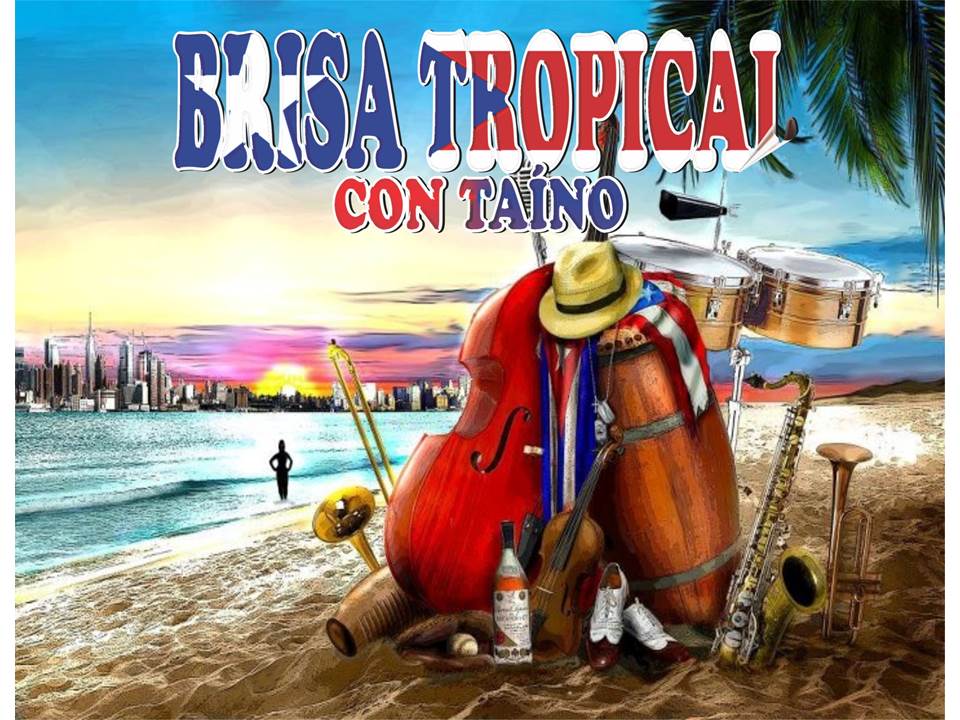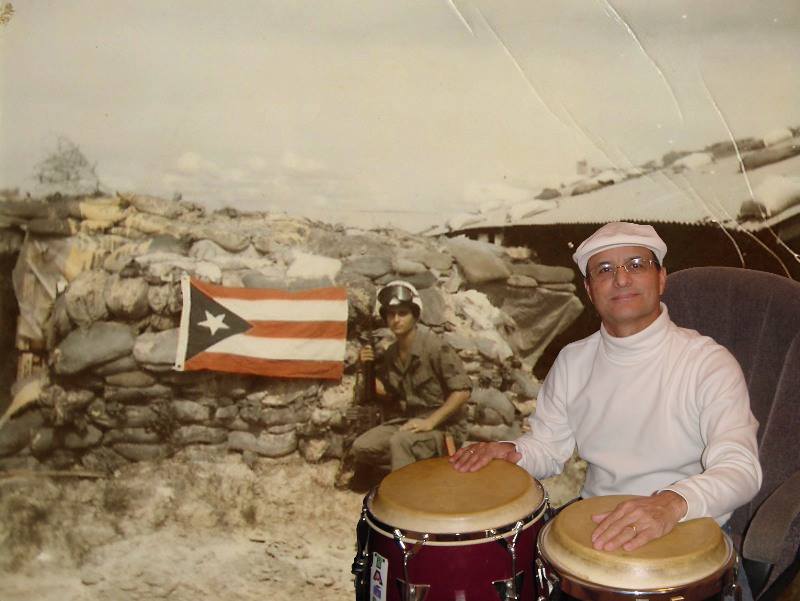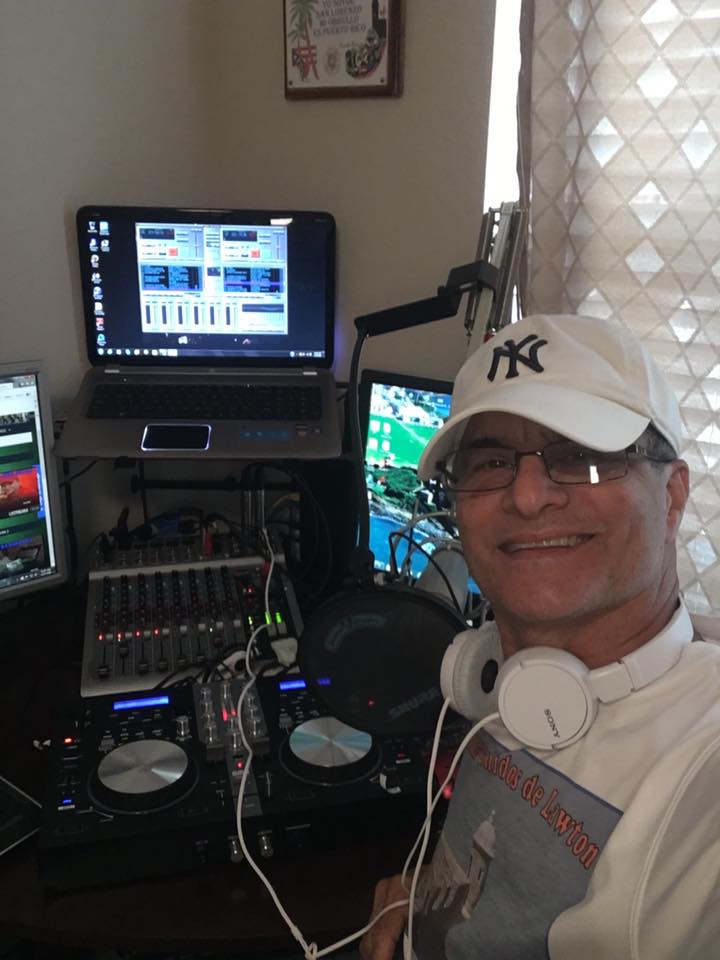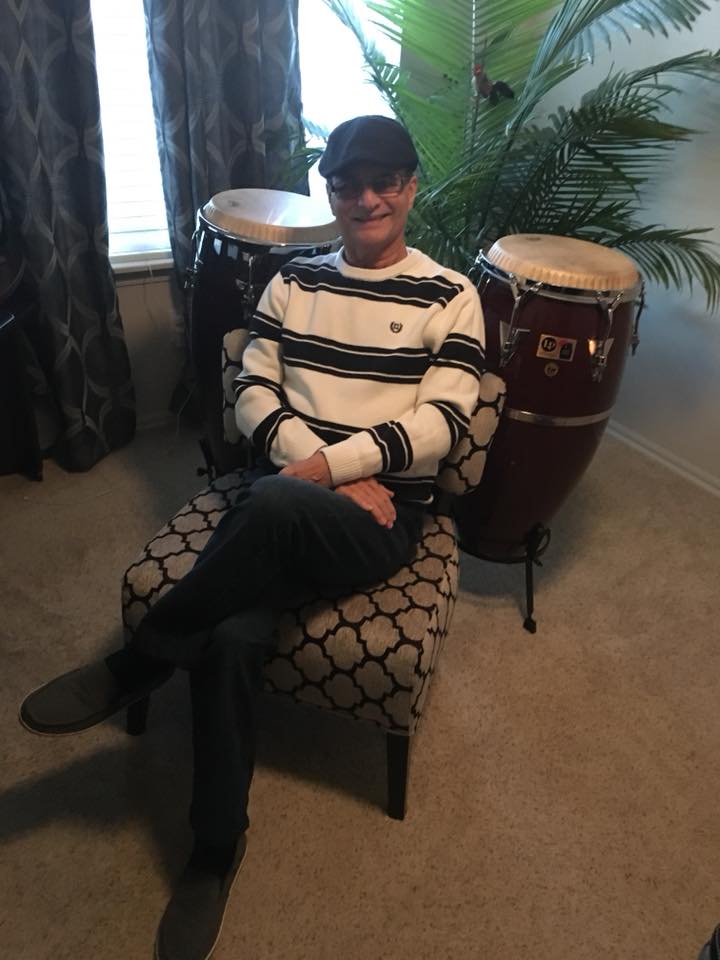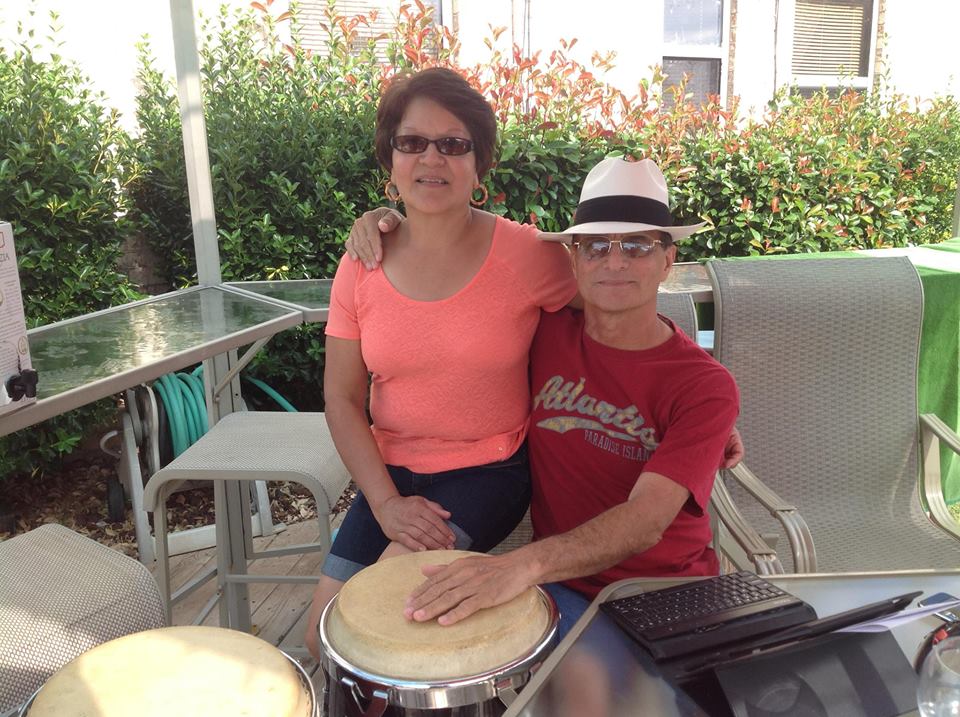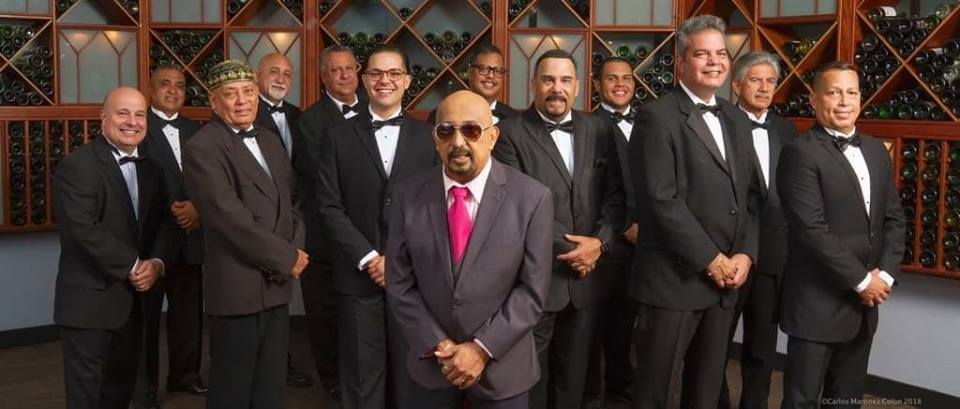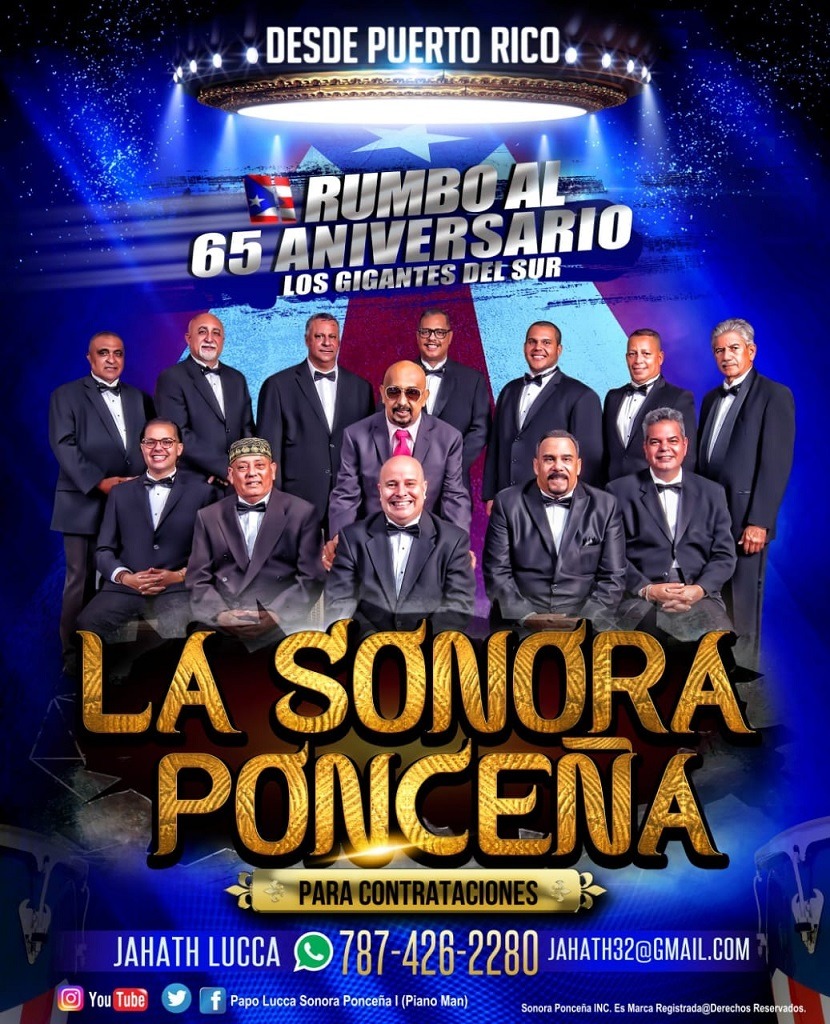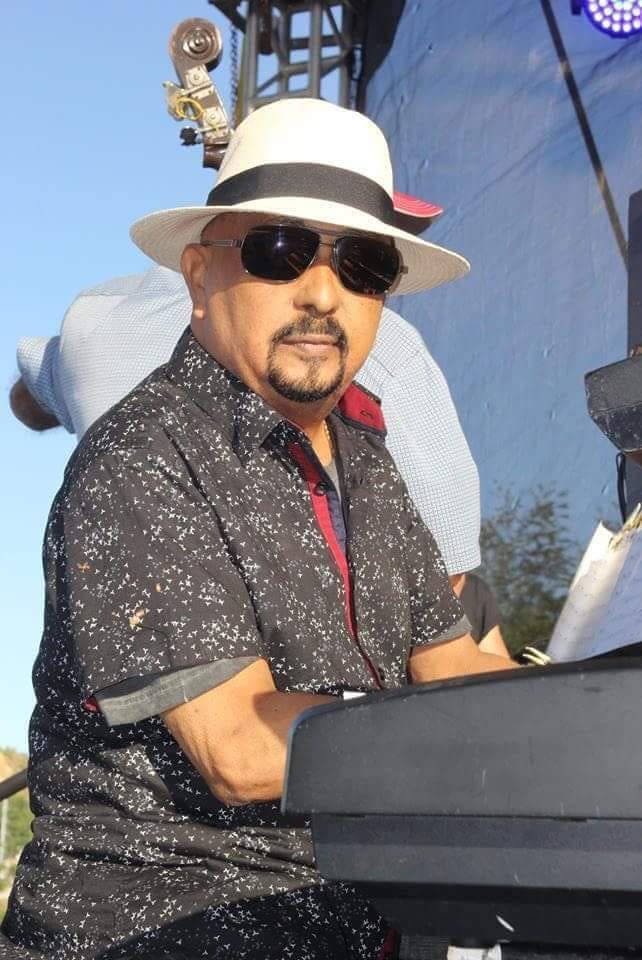Latin America / Venezuela / Caracas
Get to know the new song “El Sonero Natural” by Leo Mendoza
Did you know that great international musical talents have emerged in Venezuela? This is due to the fact that in this Latin land, the seasoning is experienced, the joy is experienced, the desire to excel is seen, they demonstrate their talent to all those who see and listen to them. In this opportunity, we have a new talent to present; Meet the Caracas musician Leonardo Mendoza, also known as “Leo Mendoza”.
He tells us that since he was a child he felt a deep inclination for music, specifically salsa, this was because his father Héctor Mendoza, a record collector, was always putting on music, from salsa bands such as: Johnny Pacheco, Héctor Lavoe, Oscar D León, Rubén Blades, Willie Colon, among others.
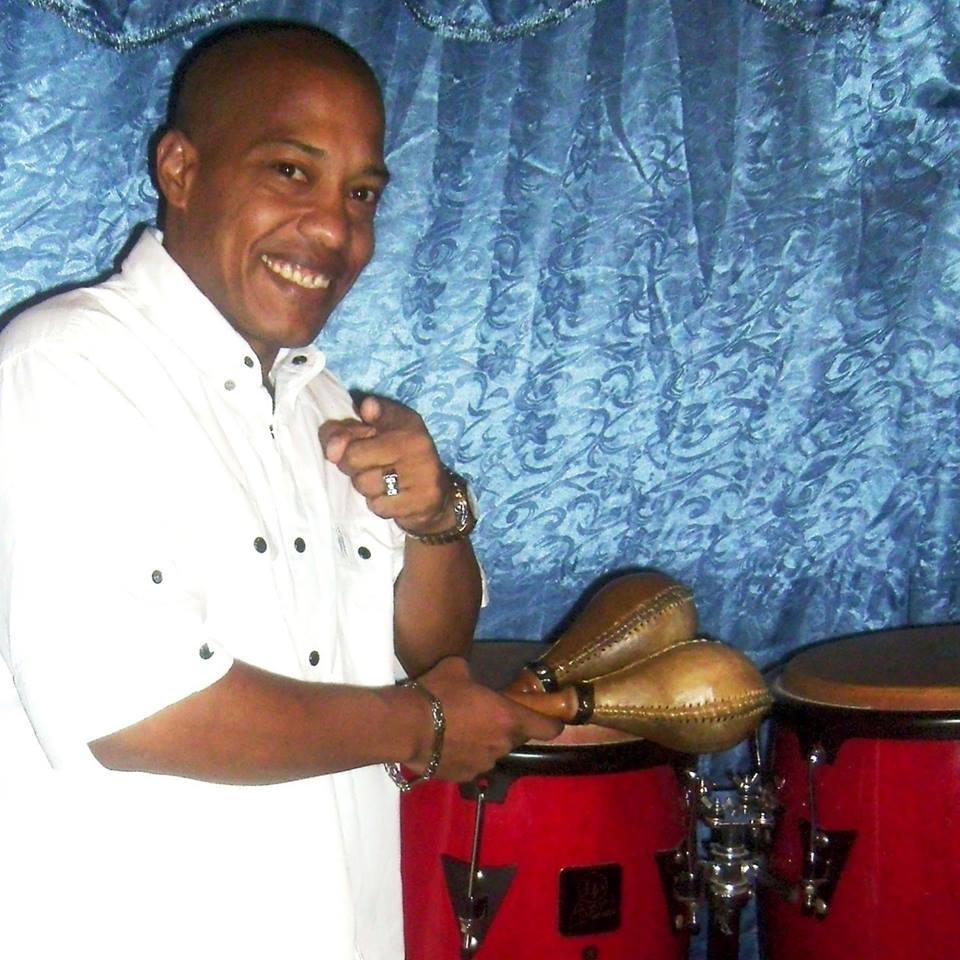
This was only the first indication of his inclination and dedication to music, especially to singing in the salsa genre, practicing his favorite artists even within his family gatherings; Starting in 2008, he joined the group “Salsa Son y Fuego”, where he worked for 2 years, and thus continued his path of musical training until in 2016, participating in a festival organized by the Mayor’s Office of Caracas, he competed with a theme of his authorship entitled “Sonero al Natural” receiving the ovation and acceptance of the viewing public.
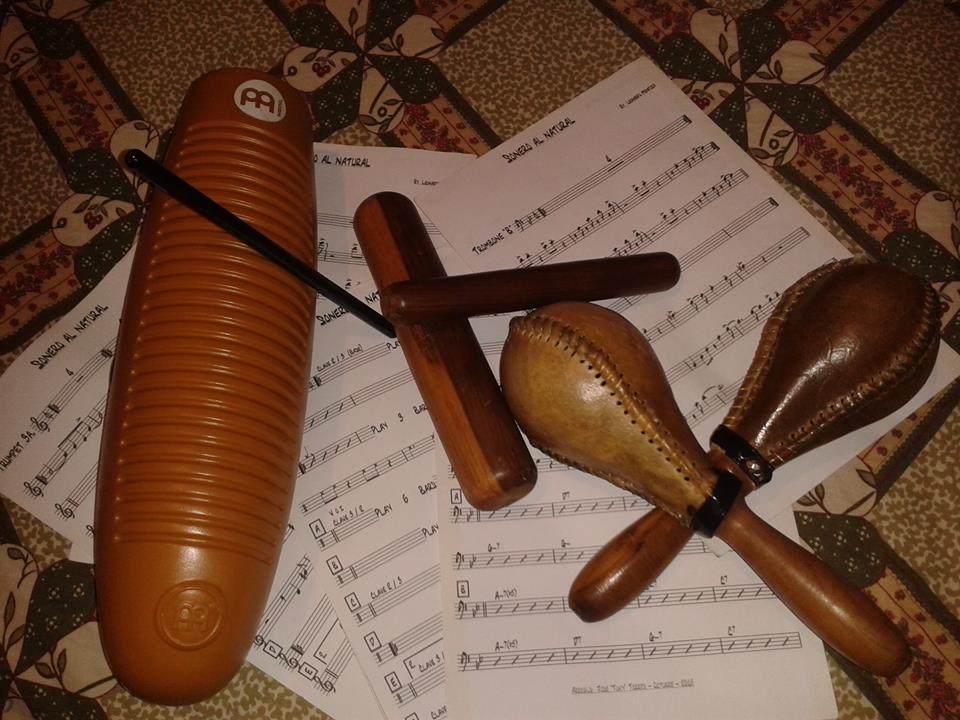
The qualifying jury was made up of Mariana Guevara the “Sonera de Venezuela”, Cheo Valenzuela “El Sonero de la Dulzura”, Juan José “el Indio” Hernández and the teacher Andy Durán, with their participation he managed to achieve 3 mentions, best unpublished song, 2nd place as interpreter and best arrangement of the song “Sonero al Natural” by Maestro José “Tuky” Torres, on this occasion he presents his first single “Sonero al Natural”, which is an invitation to good rumba and feeling sonero… If you want to know more about Leo Mendoza or his new musical theme, find out through:
- Instagram: @lendozab
- Twitter: @lendozab
- Facebook: Leo Mendoza
- Email: [email protected]
- Phone: +58 424-1420962
- YouTube of “Sonero Natural” https://www.youtube.com/watch?v=83cXHeQXO0E&feature=share
